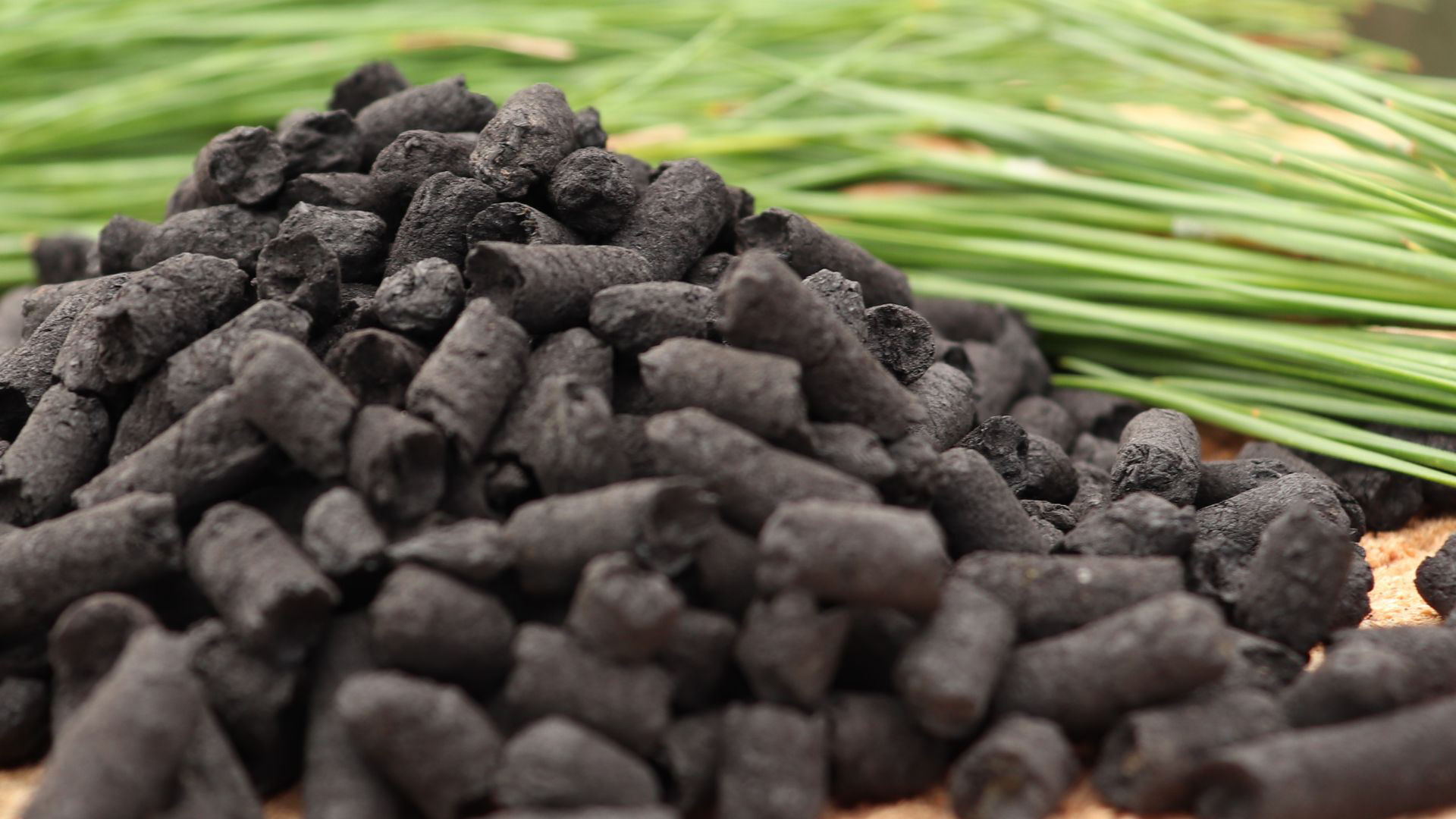Coal alternative plant on fast track for Kawerau

Diane McCarthy
FORESTA chairman Henry Cheng says he is “most pleased” for the company’s planned Kawerau plant to be included in Schedule 2 of the Fast-Track Approvals Bill.
The company plans to manufacture torrefied “black” wood pellets, an eco-friendly direct replacement for coal from raw materials sourced from sustainably managed pine plantations.
The black wood pellets produce at least 90 percent fewer carbon dioxide emissions than coal. They are created by heating the wood pellets to between 250 and 350 degrees under atmospheric pressure in the absence of oxygen.
The Australian company announced in April that it had signed a 30-year lease with a 20-year right of renewal on 9.6 hectares of Putauaki Trust Industrial Zone land.
The announcement said it planned to invest around $300 million in building the plant, which is to be the flagship for its New Zealand operations.

The Fast-Track Approvals Bill, currently before the environment select committee, aims to streamline the consent process.
“We are proud that our flagship project has received recognition by the New Zealand Government as a project of regional and national importance,” Mr Cheng said.
“This now allows a streamlined process for Foresta to fast-track resource consents and approvals for its project mandated by New Zealand law.”
Kawerau Mayor Faylene Tunui said it made sense for Foresta and other companies to identify Kawerau as the ideal location for their business.
“Kawerau is the ideal location for innovative wood processing and renewable energy industries. Our rail and roading networks connect directly to both the Kaingaroa Forest and the Port of Tauranga. Our local workforce brings decades of experience in wood processing, manufacturing, engineering, and logistics and local Māori landowners are developing parts of their whenua to create future opportunities for the next generation.”
Mr Cheng said Foresta’s “innovative and integrated manufacturing process” also produced renewable pine chemicals, which could substitute petrochemicals derived from fossil fuels, used in a variety of everyday products ranging from car tyres to cosmetics.
Foresta’s initiative aligned strategically with New Zealand’s focus on investment in the forestry and renewable energy sectors.
“By processing and adding value to local forestry resources, we aim to drive economic growth in the region and contribute to New Zealand’s climate emissions targets by providing a renewable energy source that can be used in existing coal-fired power plants,” Mr Cheng said.
“Our operational plan for the first manufacturing facility at Kawerau will provide around 73 jobs directly across various roles, with job creation expected to grow as the project scales up. The number of direct and indirect employment opportunities will increase significantly in concert with our planned development programme.
“Our scalable manufacturing process allows for the establishment of additional facilities close to forests across New Zealand. With a total of 10 manufacturing facilities currently planned, we could effectively eliminate the need for coal domestically and have surplus production available for export markets.
“Whilst no decision has yet been made regarding the pulp mill at Kawerau, we remain open to exploring potential synergies.
“Foresta’s inclusion in the Fast-Track Approvals Bill is another step forward for the project and follows recent supply and offtake agreements and the signing of a lease for the site of our first manufacturing plant.”
In December, Foresta signed a 10-year agreement with South Island energy distribution company Tailored Energy & Resources Ltd (TERL) to supply 65,000 tonnes of pellets annually to its industrial customers.
TERL supplies solid fuels, mainly coal and wood pellets, for raw resource processing such as milk, meat and wool as well as energy supply for industrial heating of schools, hospitals and horticulture.
Foresta has also gained Overseas Investment Office approval and is currently raising capital to finance the project.
